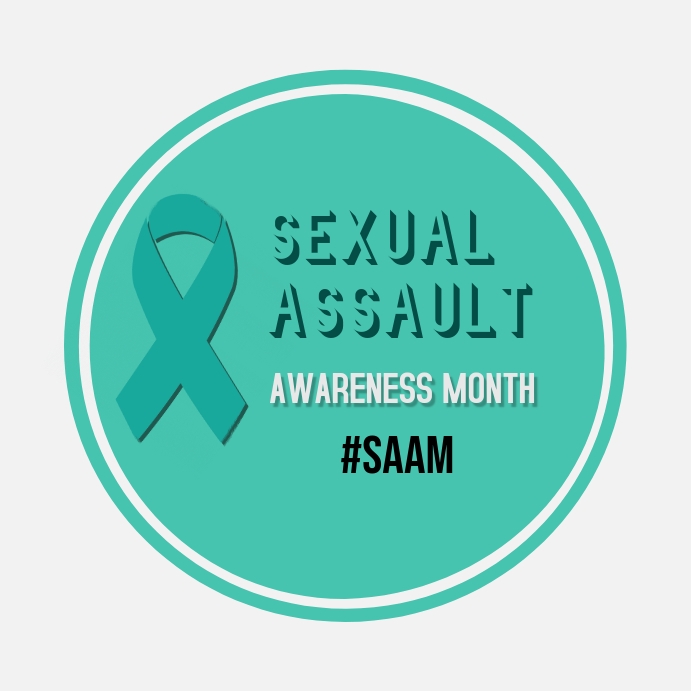Sexual Assault Awareness Month: How to Support Your Teenager If They Disclose Sexual Assault By Samantha Arbella

Sexual assault is a traumatic experience that can have a lasting impact on survivors. As a parent, hearing that your child has been sexually assaulted can be overwhelming and devastating. It’s important to respond in a supportive and compassionate way to help your teenager through this difficult time. Here are some steps you can take if your teenager discloses that they have been sexually assaulted:
Believe them
The first and most essential thing you can do is believe your teenager. Sexual assault is a serious crime, and it’s important to take your child’s disclosure seriously. Let them know that you believe what they are telling you, and that you are there to support them.
Listen without judgment
It’s important to create a safe and nonjudgmental space for your teenager to share their experience with you. Let them know that you are there to listen and support them, and that they can share as much or as little as they feel comfortable with. Avoid blaming or questioning your child, as this can make them feel like they are not being believed or validated.
Validate their feelings
Your teenager may be experiencing a range of emotions after a sexual assault, including fear, anger, and shame. Let them know that their feelings are valid and normal, and that there is no right or wrong way to feel. Encourage them to express their emotions and offer support and comfort.
Seek medical attention
It’s important to seek medical attention as soon as possible after a sexual assault. This can help your teenager receive necessary medical care, as well as collect evidence if they decide to pursue legal action. Encourage your teenager to go to the hospital or to see a healthcare provider, and offer to go with them if they would like.
Help them access resources
There are many resources available to support survivors of sexual assault, including counseling services, support groups, victim advocates, and legal advocacy. Help your teenager access these resources by contacting a local sexual assault hotline or advocacy organization, such as Interact. These organizations can provide information and support, as well as connect your teenager with local resources.
Take care of yourself
Supporting a teenager through a sexual assault can be emotionally taxing, and it’s important to take care of yourself as well. Seek support from friends, family, or a therapist, and take time to practice self-care.
Sexual assault is a traumatic experience, but with the right support and resources, survivors can heal and recover. As a parent, you play an important role in helping your teenager through this difficult time. By believing them, listening without judgment, and providing support and resources, you can help your teenager begin the healing process and move forward.
Resources:
https://interactofwake.org/
https://thedcrc.org/
https://nccasa.org/
https://metoomvmt.org/
https://ncdoj.gov/public-protection/sexual-assault/
https://www.rainn.org/safety-parents
https://www.rainn.org/articles/self-care-friends-and-family
https://www.acf.hhs.gov/trauma-toolkit/secondary-traumatic-stress
https://legalaidnc.org/resource/domestic-violence-and-sexual-assault/
https://metoomvmt.org/wpcontent/uploads/2021/01/MyStoryMyTerms_Final.pdf
- Categories: